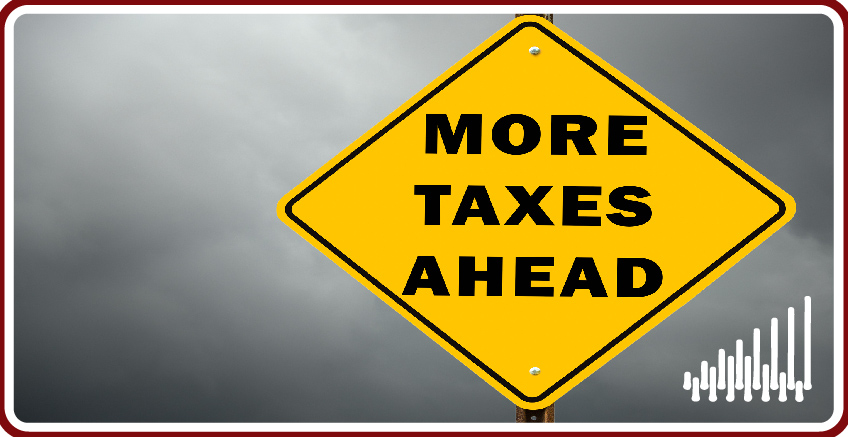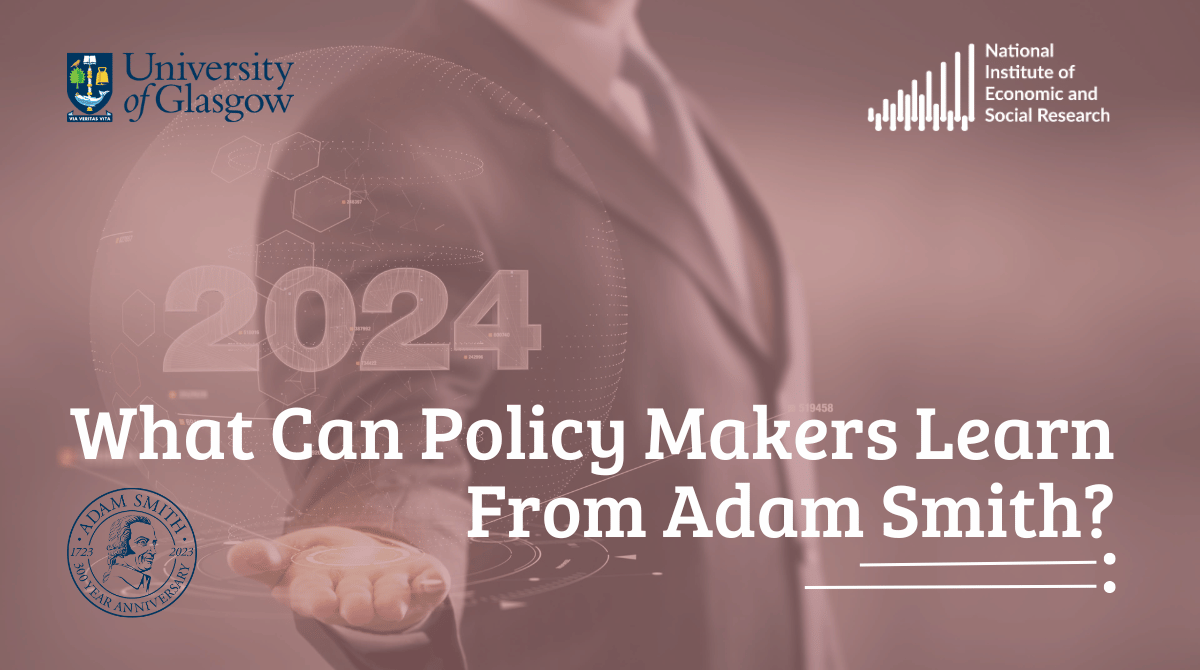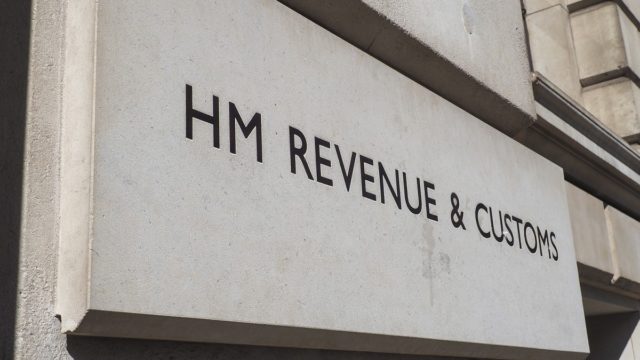- Home
- Publications
- The New Employment Tax
The New Employment Tax
The planned rise in National Insurance contributions will result in a tax system that is unnecessarily complex, distorts the labour market and shifts the tax burden further onto workers and away from the retired. It is a sub-optimal way to raise the extra resources needed to fund the NHS and social care.
 Pub. Date
Pub. Date
 Pub. Type
Pub. Type

The government announced the employment tax increase in September adds needless complexity to the tax system, encourages self-employment rather than employment, and hits hardest the labour-intensive sectors that suffered most from Covid. It will encourage a shift away from labour-intensive sectors and reduce the UK's international competitiveness. The levy will add to the squeeze on real household incomes implied by surging inflation and, therefore, subtract from consumer and business spending. Higher health and social spending will add slightly more to GDP than the levy subtracts in the short run, but this will fade over time and GDP could end up slightly lower after three years. One possible intention is to increase this payroll tax further in the future, probably by linking it to NHS and social care outlays.
Related Blog Posts

What Can Policy Makers Learn From Adam Smith?
Sayantan Ghosal
Graeme Roy
11 Mar 2024
5 min read

Reflections on the 2024 Spring Budget: What Was and Wasn’t Addressed
Monica George Michail
Stephen Millard
11 Mar 2024
5 min read

How the Chancellor’s Budget Could Help Households and the Struggling Regions
Arnab Bhattacharjee
Robyn Smith
Adrian Pabst
04 Mar 2024
6 min read

Adam Smith’s Division of Labour in Today’s World of Global Markets
Diane Coyle
25 Jan 2024
4 min read
Related Projects

Related News


Related Publications

Geopolitical Risks and the Global Economy
07 Feb 2024
Global Economic Outlook Box Analysis


Adam Smith and the Bankers: Retrospect and Prospect
04 Jan 2024
National Institute Economic Review

On the Promises and Perils of Smithian Growth: From the Pin Factory to AI
04 Jan 2024
National Institute Economic Review
Related events

What Can Policy Makers Learn From Adam Smith?

NMITE and the Political Economy of Higher Education – Jesse Norman

Economic Effects of Russia’s Invasion and Sanctions

2022 Deane-Stone Lecture – The Uses and Abuses of Economic Statistics

The Political Economy of Devolution in, and Secession from, the UK

What Next for the Levelling-Up Agenda? Addressing New and Old Challenges in the UK Regional Inequalities Landscape





